Executive Board
The Executive Board has been established to assist the Chief Executive in leading The Institute of Cancer Research to achieve its strategic aims and objectives within the approved strategies and budgets and is responsible for formulating strategies, plans and budgets for approval by the Board of Trustees.
Professor Kristian Helin
Chief Executive and President
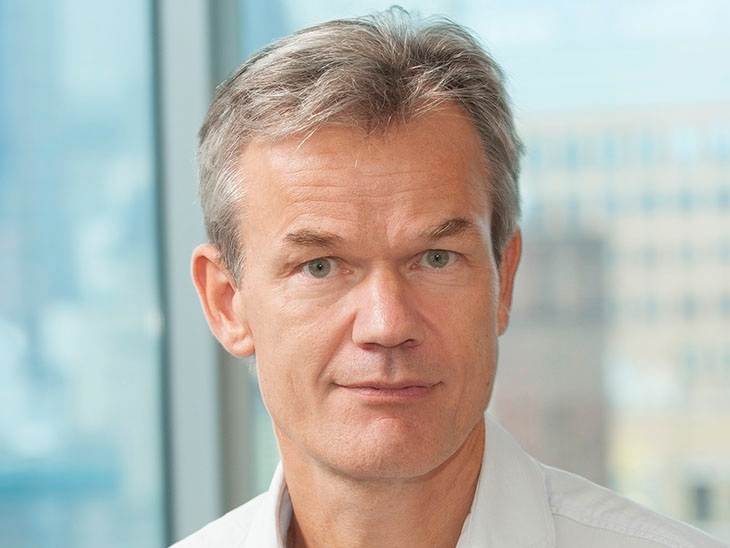
Professor Kevin Harrington
Head of Division – Radiotherapy and Imaging
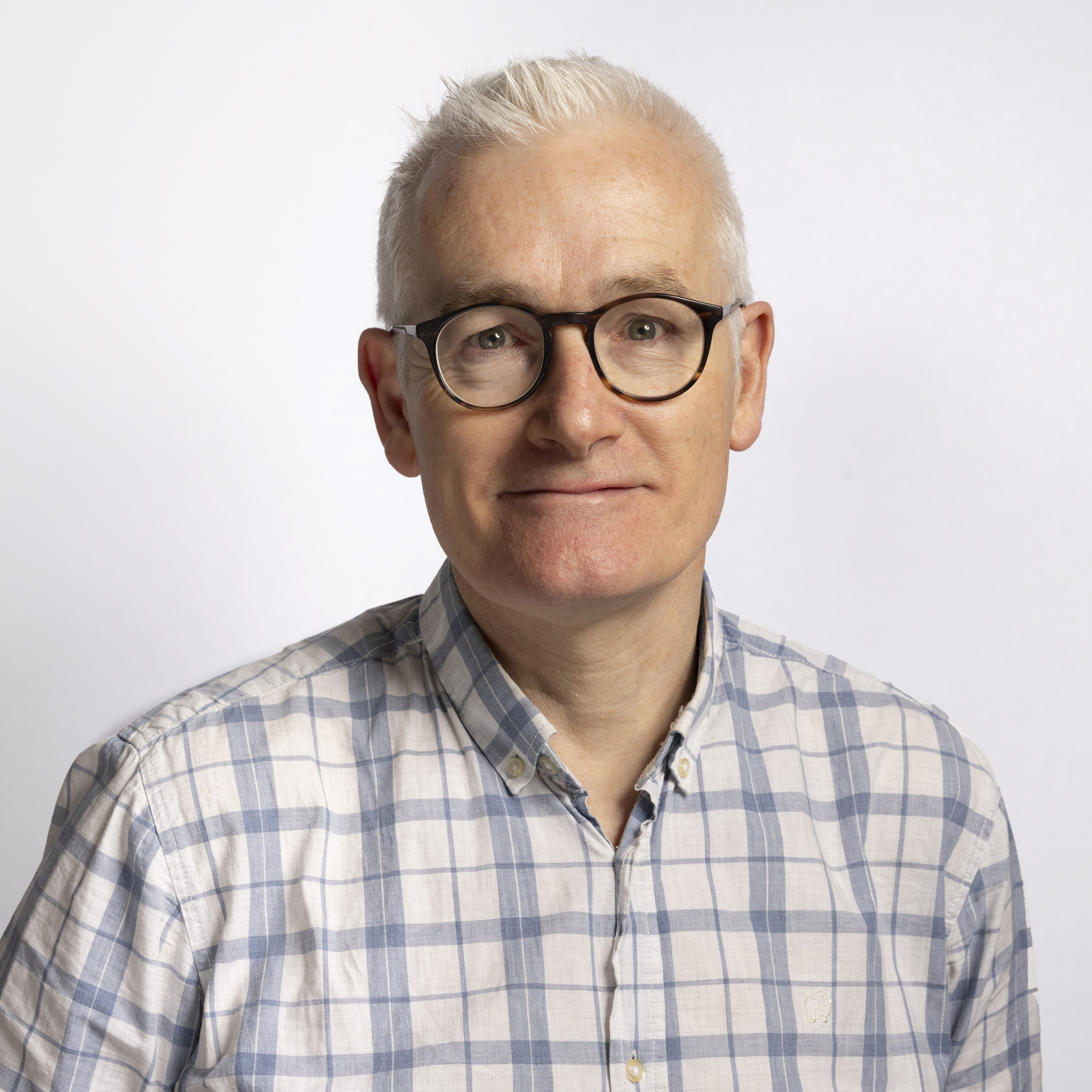
Professor Clare Isacke
Dean of Academic and Research Affairs
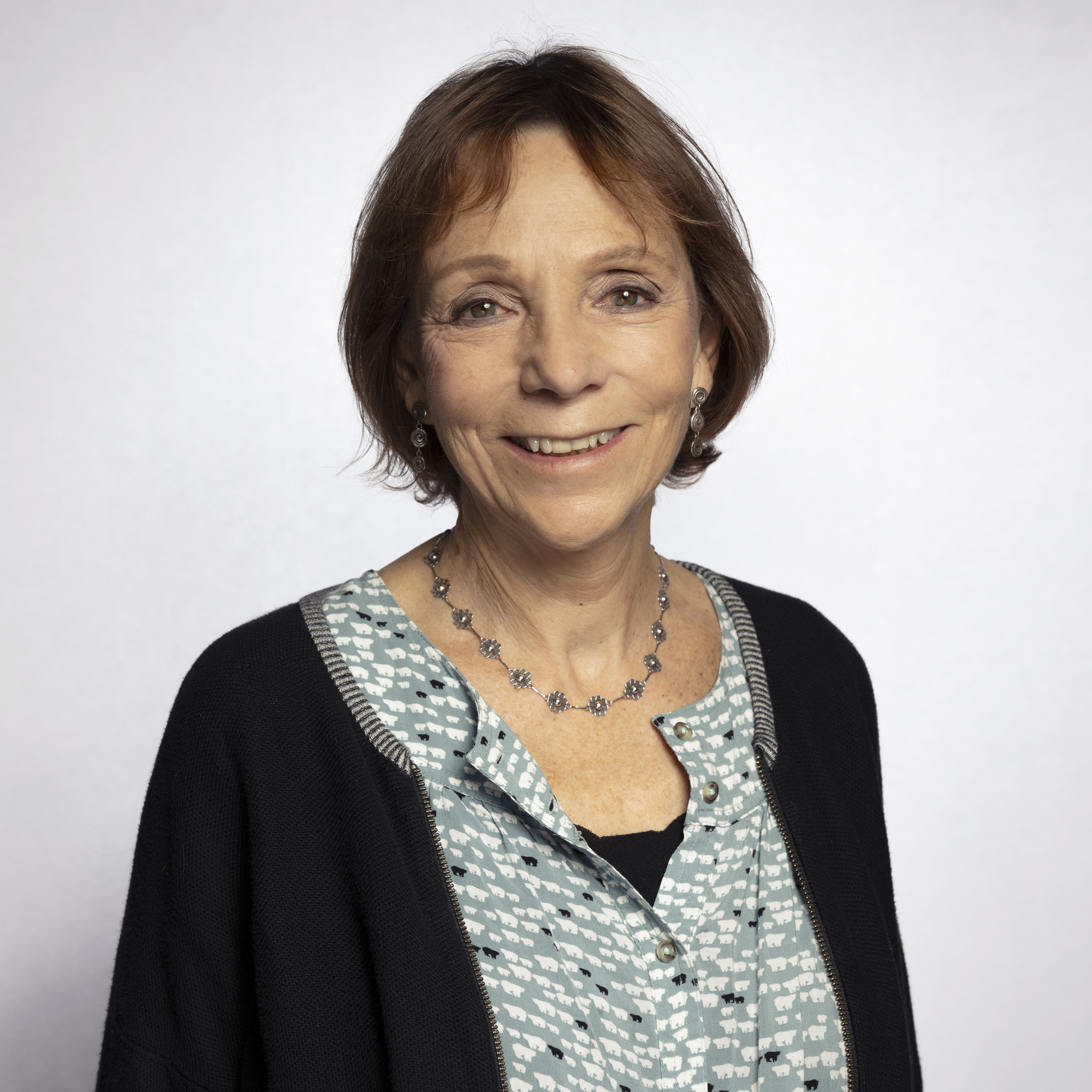
Paul Norris
Chief Financial Officer
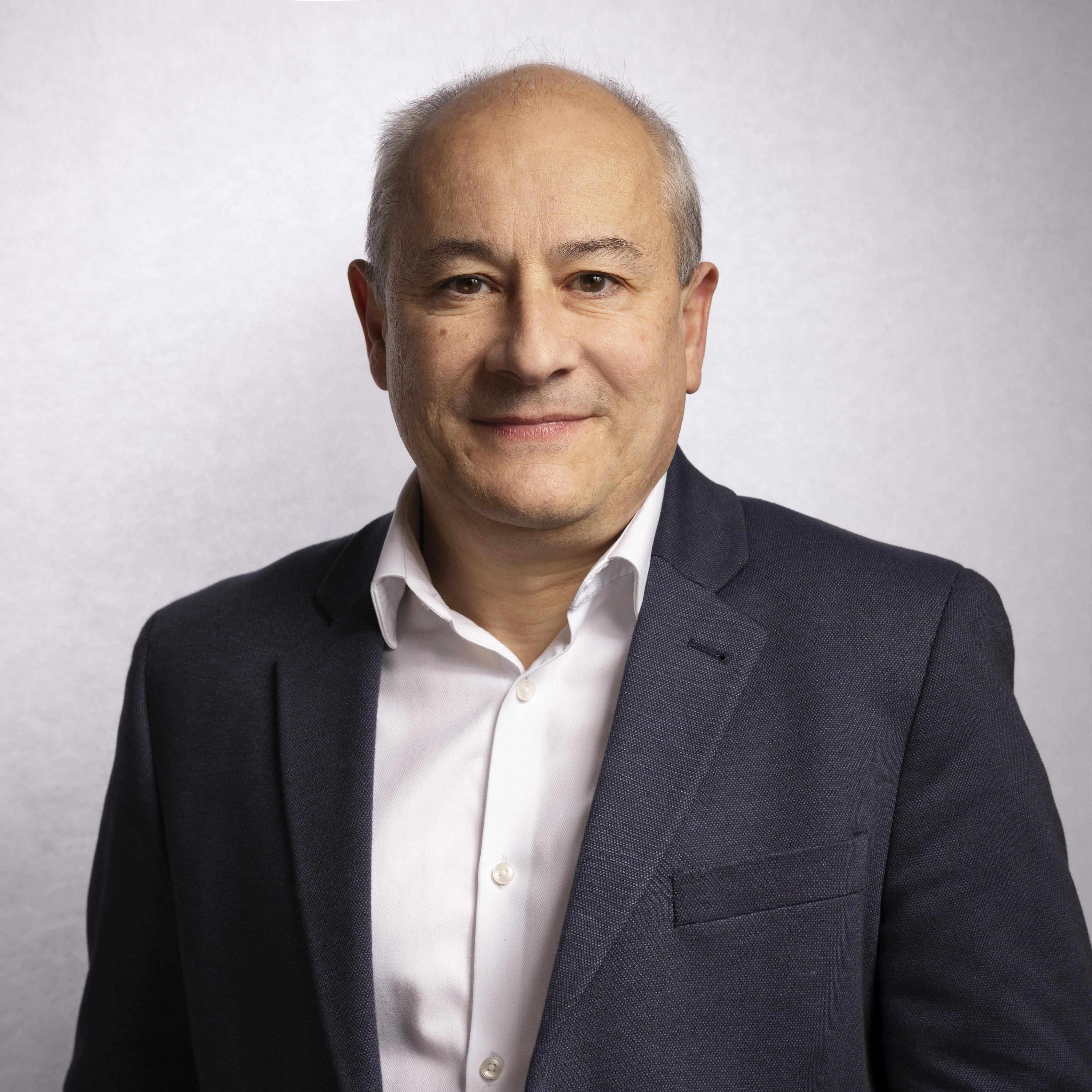
Jonathan Monk
Chief Information Officer
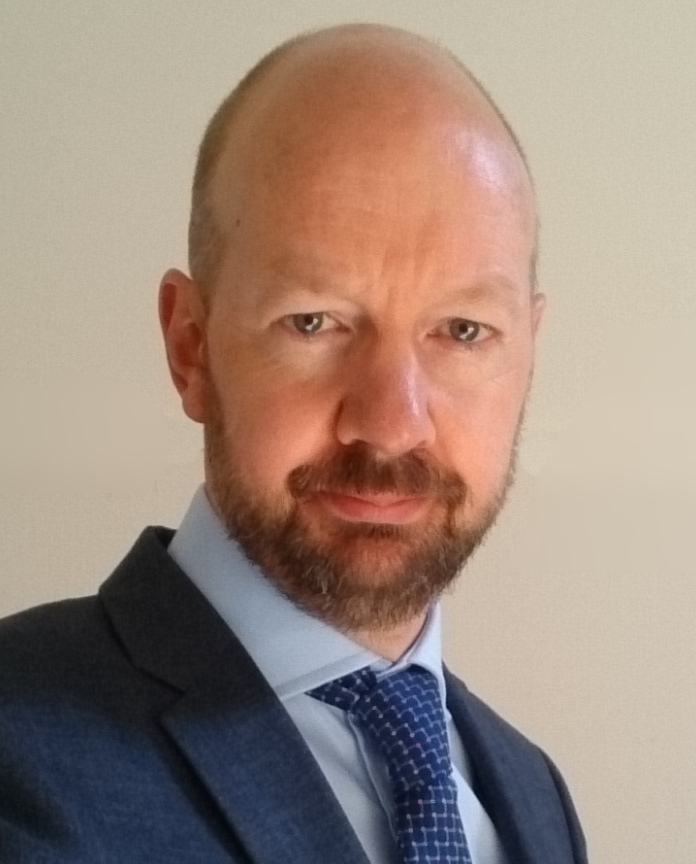
Professor Jonathon Pines
Head of Division – Cell and Molecular Biology
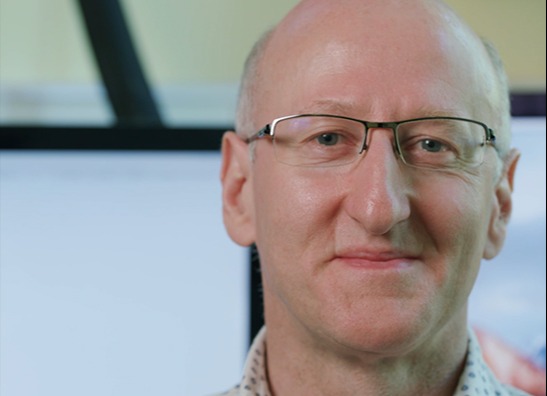
Dr Barbara Pittam
Chief Research and Academic Officer
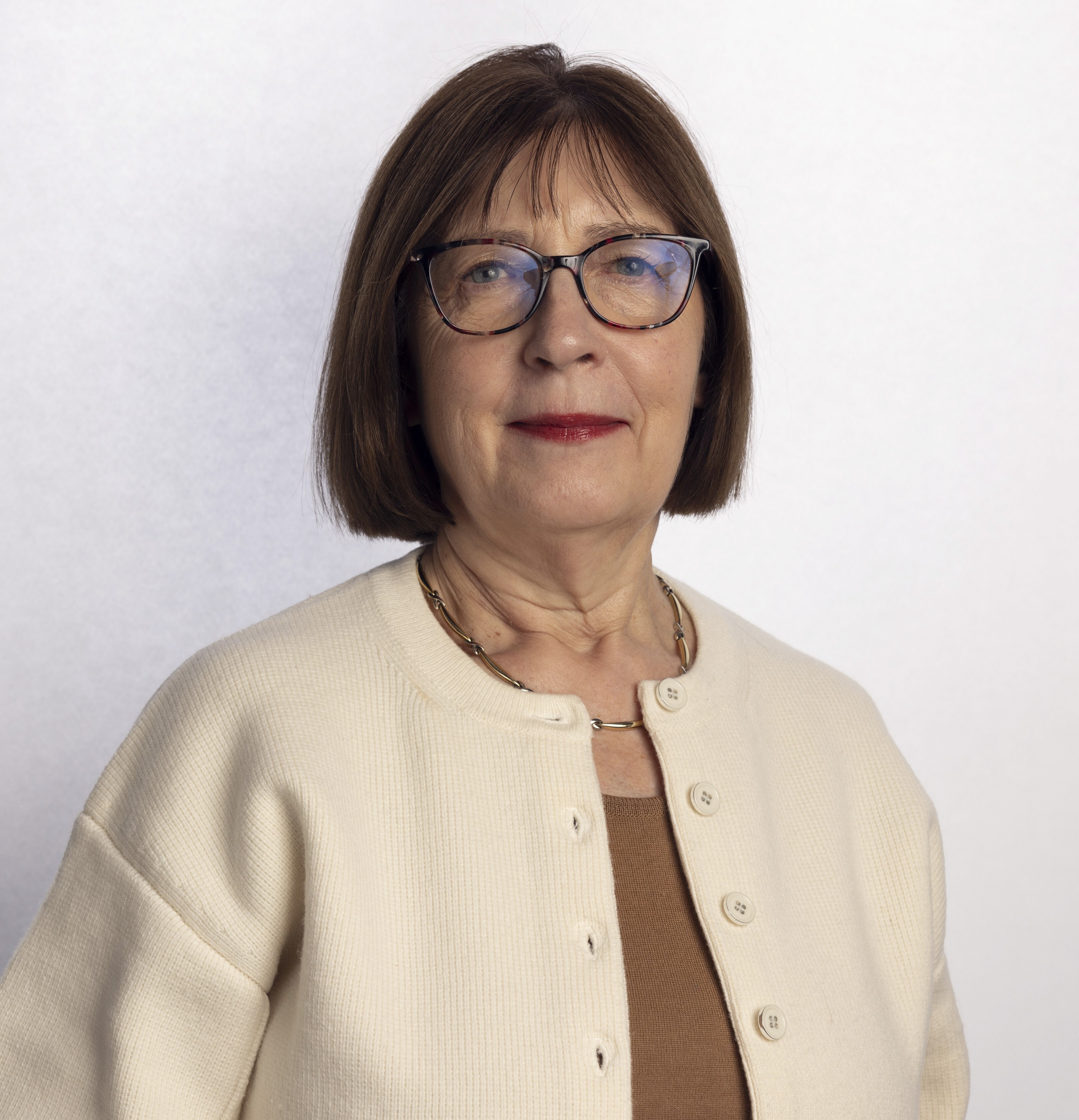
Dr Olivia Rossanese
Head of Division – Cancer Therapeutics
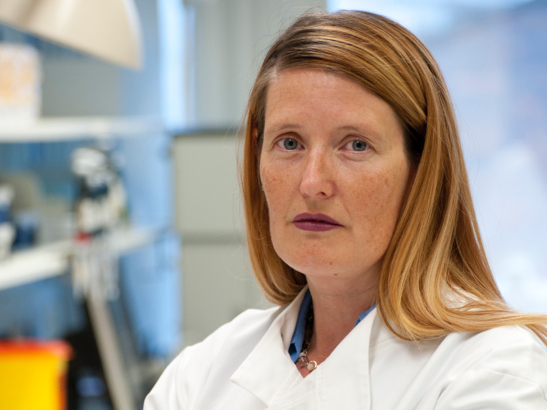
Latest ICR News

New strategy targets “undruggable” protein in T-cell leukaemia, triggering cancer cell death
Scientists have unveiled a ground-breaking approach to tackling one of cancer biology’s most elusive targets: the protein LMO2, a key driver of T-cell acute lymphoblastic leukaemia (T-ALL).

ICR-led project awarded major funding to improve safety, transparency and public confidence around AI tools used in healthcare
The Institute of Cancer Research, London, is the joint recipient of a major new Medical Research Council (MRC) grant to advance how sensitive medical imaging data can be used for research.

Study sets out clear recommendations for patient-reported outcomes in early cancer drug trials
New research presents clear guidelines on how patient-reported outcomes (PROs) can be used more effectively in early-stage cancer drug trials, helping ensure that patient experiences meaningfully informed treatment decisions around dosing.
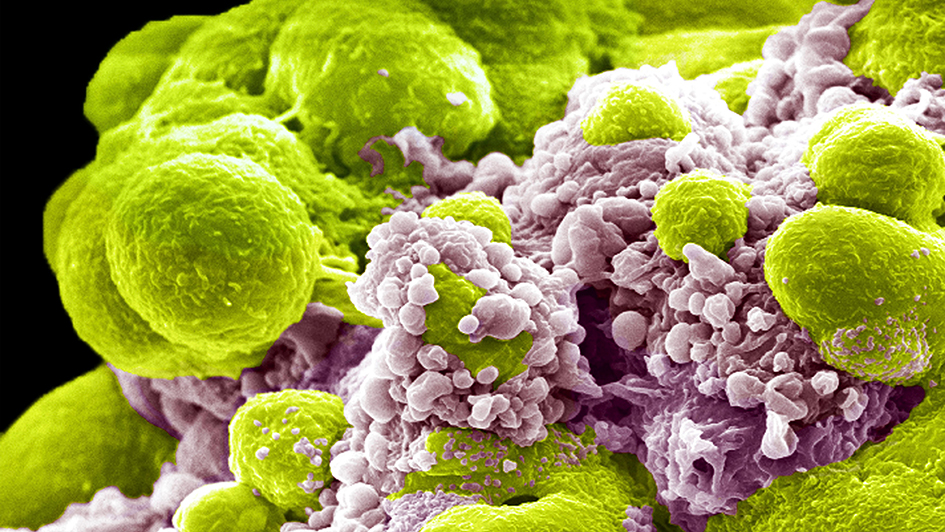
ICR welcomes NICE recommendation of talazoparib for advanced prostate cancer
The Institute of Cancer Research, London, welcomes the decision by the National Institute for Health and Care Excellence (NICE) to recommend the targeted drug talazoparib (trade name Talzenna), in combination with enzalutamide, for adults with prostate cancer that has spread.